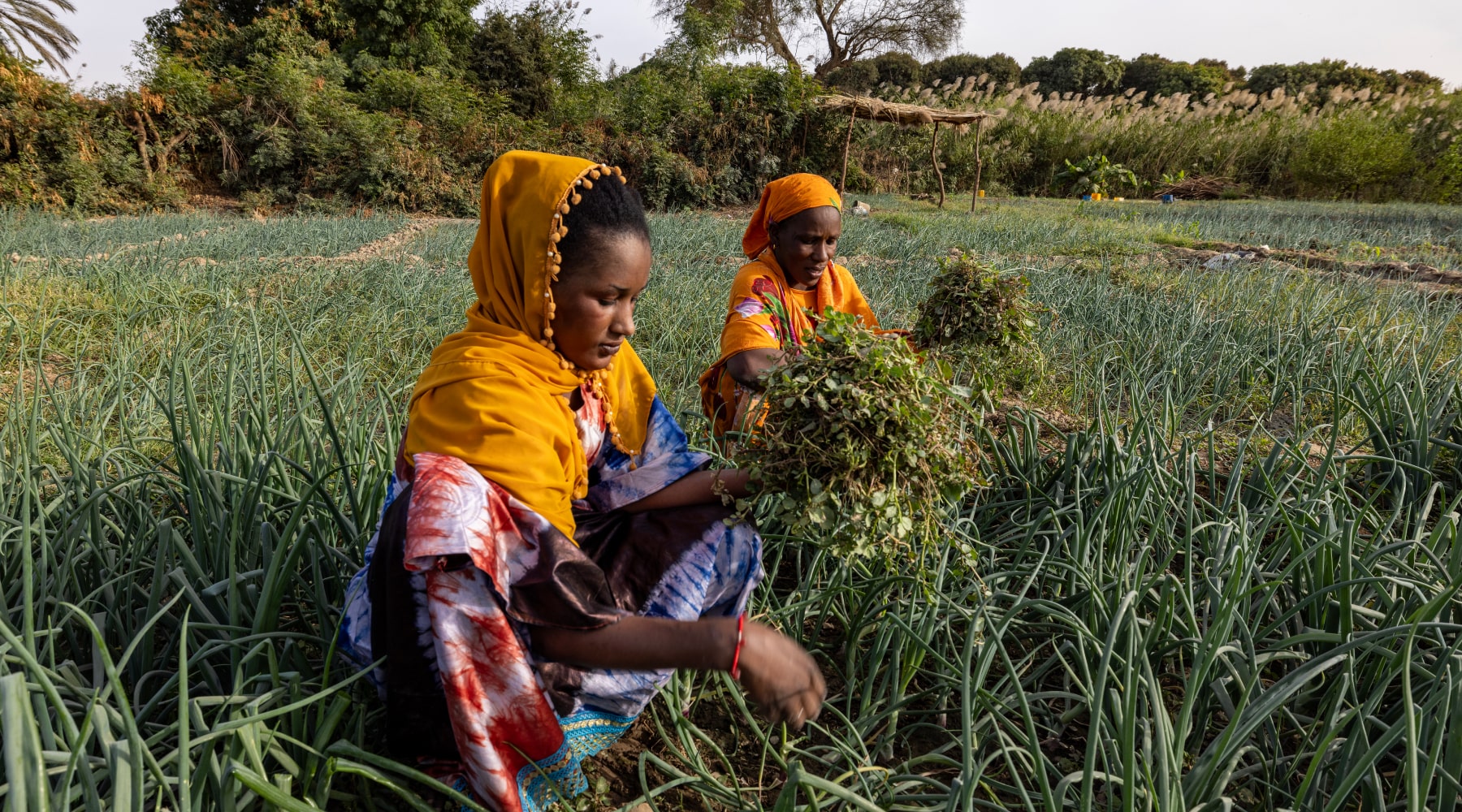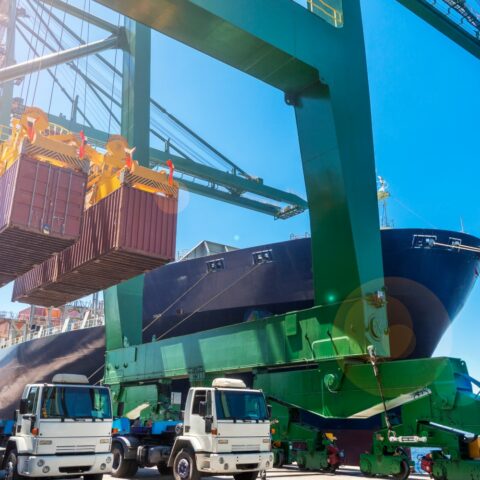The Challenge
Senegal’s climate and geographic characteristics expose it to endemic plant diseases, as well as insects and other pests.
The Ministry of Agriculture Directorate of Plant Protection (DPV) is tasked with issuing phytosanitary certificates for plant and plant products prior to export, verifying compliance with agreed standards.
However, many trade processes remain paper-based, increasing time and cost for traders. This is particularly detrimental to the MSMEs that comprise around 90% of companies operating in the sector but are virtually excluded from the benefits of international trade.
Prior to the introduction of the IPPC ePhyto Solution, manual data entry meant phytosanitary inspectors had to sign off application forms by hand, incurring delays and increasing the risk of human error.
Senegal was also targeted by fraudsters who produced false certificates to circumvent European Union tariff barriers by passing off their products as being of Senegalese origin. This practice threatened to undermine the reputation of the country’s food products, undoing its ambitious plans to increase competitiveness.
What We Did
Senegal has endorsed a comprehensive programme designed to grow the country’s agri-food sector, emphasising improved agri-food productivity and production as key to the country’s economic development.
Working with the DPV and the local private sector to cut the time and cost associated with phytosanitary certification, the Alliance provided the technical and other supports required to link the country’s single window with the IPPC ePhyto Hub, allowing seamless exchange with other members, including the country’s main trading partners in the European Union.
The Alliance consulted public and private sector stakeholders separately throughout implementation and instigated public private dialogue (PPD) to catalyse sustained buy-in for the project
Configuration of an e-signature component makes the system compatible with European Union requirements. Senegal was also the first country to introduce batch payments, enabling traders to make a single payment for more than one ePhyto. Other countries are expected to follow suit.
The Impacts
Introducing electronic phytosanitary certification (ePhyto) by adopting the International Plant Protection Convention (IPPC) ePhyto Solution has enabled the country to replace complex, paper-based certification with a seamless electronic process, allowing quick, accurate, low-cost exchange.
Successful integration into the IPPC ePhyto Hub:
- reduces the time, delays, and losses of physical documents, which cause additional costs and inconvenience for companies
- is projected to reduce processing time by three hours (39%), saving US$ 57 a certificate
- alleviates administrative time and costs on border agencies as well as traders
- reduces the risk of errors, loss, and fraud, strengthening consumer safety
- enhances competitiveness by introducing a seamless, transparent system that generates greater confidence in quality and origin
- increases food security through quicker border clearance, reducing spoilage and waste
- enables instant rectification of errors
- encourages micro, small and medium enterprises (MSMEs) to engage in global trade by lowering barriers to entry
- provides greater transparency, making it more attractive for countries to do business with Senegal.
The project complements an Alliance-supported initiative designed to streamline agricultural imports necessary for producing value-added products, beginning with seeds.


 Senegal
Senegal

